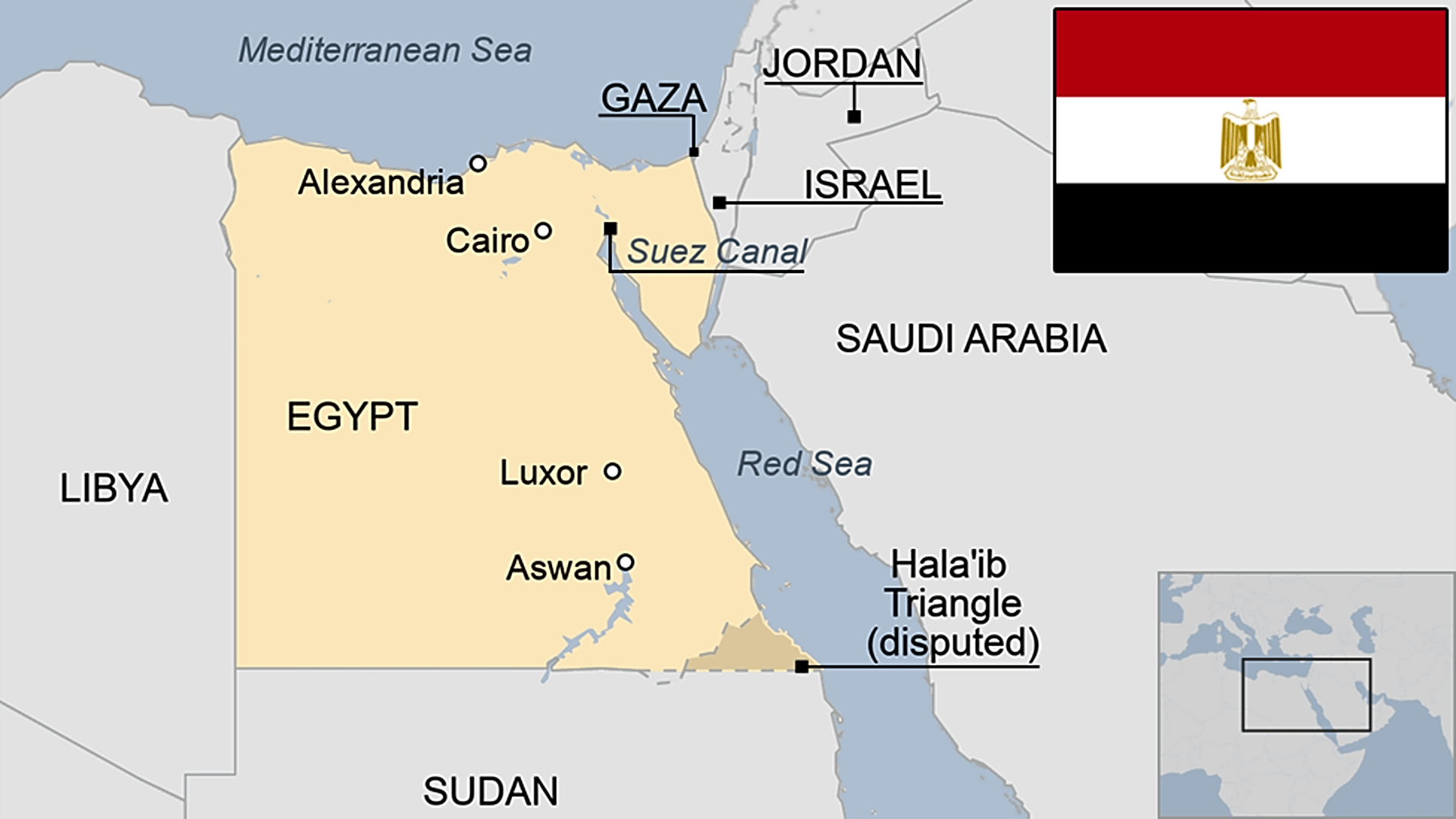Summarized by AI Model:sshleifer/distilbart-cnn-12-6
South Africa's updated carbon tax seeks to strike a balance between the conflicting demands of polluters and climate campaigners . The changes, which will take effect in 2026, will help South Africa meet its climate commitments while also providing more flexibility to 'hard-to-abate' sectors . South Africa is among the top 15 emitters of greenhouse gases worldwide .By reducing tax-free allowances and allowing businesses to utilise offsets more extensively, South Africa’s updated carbon tax seeks to strike a balance between the conflicting demands of polluters and climate campaigners, the Treasury’s acting tax chief stated on Friday. “The changes, which will take effect in 2026, will help South Africa meet its climate commitments while also providing more flexibility to ‘hard-to-abate’ sectors,” said Chris Axelson, Acting Head of Tax and Financial Sector Policy at the Treasury.
The only nation in Africa with a carbon price, South Africa is among the top 15 emitters of greenhouse gases worldwide. In a videocall interview with Reuters, Axelson stated, “It definitely is a change to the previous structure (in which)… the offsets were quite a small percentage.” Developing nations pressed their wealthier counterparts for up to $1 trillion in climate finance during the COP29 negotiations in Azerbaijan to assist countries who have historically been least accountable for the crisis in adapting and switching to renewable energy.
According to a Treasury policy document issued on Wednesday, the offset allowed for combustion emissions would increase from 10% to 25% from 2026. However, this is offset by cutting tax-free allowances from 60% as they stand now to half in 2026 and by a further 2.5 percentage points a year until 2030.After being put on hold for almost ten years due to opposition from steel producers, mining firms, and the state-owned power company Eskom, South Africa finally implemented its carbon tax in May 2019. Since then, climate campaigners have criticised the tax as being too generous, while industry has argued that it is too burdensome.
According to Axelson, “they’re all yelling at us here.” “We’re looking for that equilibrium… One side saying, ‘oh, you’re hurting us too much,’ and the other saying, ‘well, you’re not doing enough,’ is not what we want.”The carbon tax, which Axelson said would encourage Eskom—whose over-reliance on coal has made South Africa a bigger emitter than Britain or France—to use renewables, would also replace a 3.5 cent per kilowatt levy on non-renewable power. However, “but without the potential of passing on costs to the consumers.”


